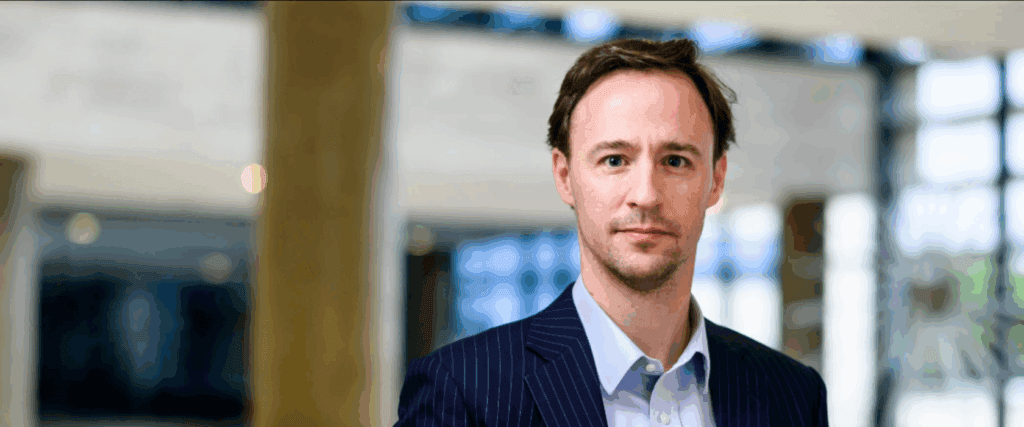What To Expect From the Georgetown MBA
To learn what to expect in an MBA program, we spoke to a current MBA student at the Georgetown McDonough School of Business. In the US, the typical two-year MBA program consists of one year of core curriculum classes, a summer internship, and a second year of specialized elective courses.





